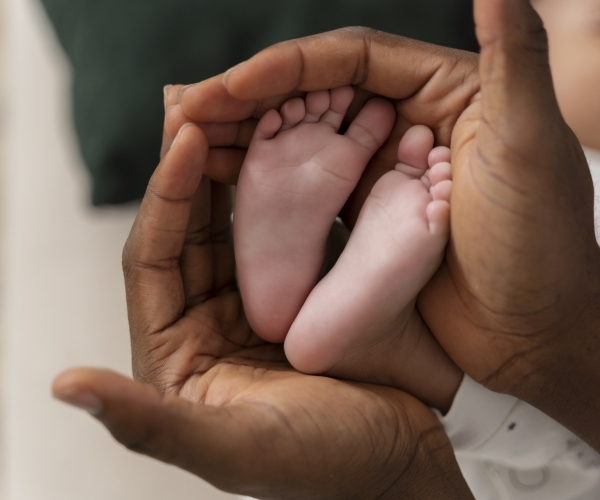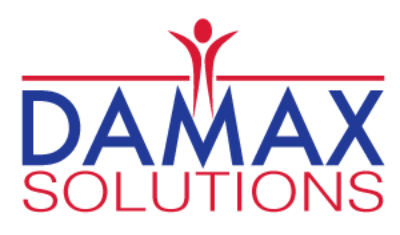
Despite notable progress in both the health and water sectors, Tanzania continues to face preventable risks to maternal, newborn, and child health, largely due to the weak integration of Water, Sanitation, and Hygiene (WASH) into Reproductive, Maternal, Neonatal, Child, and Adolescent Health (RMNCAH) services. Without deliberate, coordinated efforts to bridge this gap, poor sanitation and hygiene will remain a major barrier to improved health outcomes.
A recent national assessment led by DAMAX Solutions revealed a complex picture: while there is strong political will and alignment with global goals such as the Sustainable Development Goals (SDGs) and the Sanitation and Water for All (SWA) partnership, critical challenges persist. These include outdated legal frameworks, fragmented responsibilities across the health, water, and education sectors, policy and financing gaps, and widespread neglect of menstrual hygiene and disability-inclusive infrastructure. The assessment, which involved extensive policy reviews and interviews with key stakeholders, highlighted both barriers and opportunities for integrating WASH into RMNCAH more effectively.
To advance toward safe, dignified, and equitable care for women, children, and adolescents in Tanzania, the assessment identifies three priority action areas. First, policies must be harmonized and backed by dedicated funding. Second, WASH infrastructure in health facilities needs urgent upgrades, alongside efforts to strengthen the capacity of frontline workers. Third, communities must be engaged through hygiene behavior change campaigns and initiatives that address stigma, especially around menstrual hygiene.
With a clear Theory of Change guiding implementation, this integrated approach has the potential to reduce maternal and newborn infections, lower child mortality rates, promote gender equity, and ensure inclusive access to quality health services for all Tanzanians. It’s not only a public health imperative, but also a social justice one.
